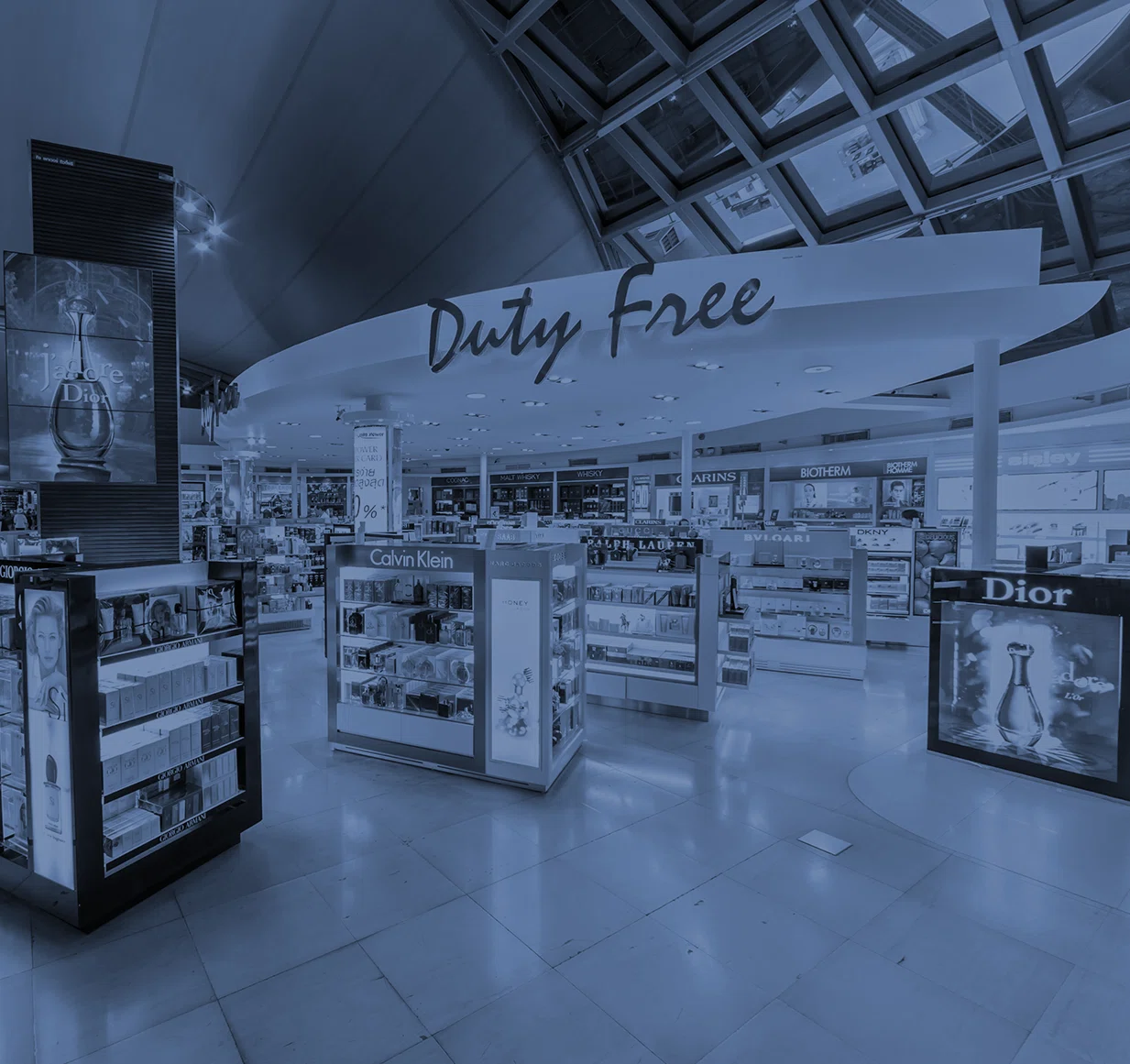
For the safety and security of our passengers, crew and aircraft, the following items are either prohibited or restricted on all aircraft, in accordance with the Dangerous Goods Regulations of the International Air Transport Association (IATA), the International Civil Aviation Association (ICAO) Technical Instructions.
Please ensure that you do not pack items specified in this list in your carry-on or checked baggage. Medically necessary needles and syringes are exempt from these prohibitions if passengers have in their possession prescription medication with a professionally printed label that identifies the medical office, pharmacy, or manufacturer of the medication.
Some countries may impose additional prohibitions or restrictions on the carriage of specific items, in accordance with their respective laws, regulations or orders. If you are flying from, to or over such countries, please ensure that you comply with the applicable prohibitions or restrictions.
Guns, firearms and other devices that discharge projectiles devices capable, or appearing capable, of being used to cause serious injury by discharging a projectile, including:
Stunning devices – devices designed specifically to stun or immobilize, including:
Objects with a sharp point or sharp edge capable of being used to cause serious injury including:
Explosives and incendiary substances and devices – explosives and incendiary substances and devices capable, or appearing capable, of being used to cause serious injury or to pose a threat to the safety of aircraft, including:
Other materials listed in the IATA Dangerous Goods Regulations (medicines and toilet articles for use on board are exempt from these restrictions provided these are carried in acceptable quantities).
Most countries have restrictions on the types and quantity you may carry in your hand baggage, this includes any type of liquids, gels, creams and aerosols, such as:


The total net quantity of all the above-mentioned items must not exceed 1kg or 1l, and the net quantity of every single item must not exceed 0.1kg or 0.1l. Please protect release valves on aerosols with a cap or other suitable means to prevent accidental release of the contents.

You can buy duty-free liquids, gels or cream products of more than 100ml from airport shops or on board, provided that they have been sealed at the point of purchase in a Security Tamper Evident Bag with the receipt inside. If you buy items on board, please ask the cabin crew to do this for you.
If you want to leave the airport and return later for your connecting flight, you can take these items with you as long as you don't open the sealed bag. You will then need to go through security again who might need to open and reseal your items in a new bag. We cannot accept liability for any products opened or confiscated during transit or disembarkation.
Please check the arrangements for all the airports on your journey to be certain what you can take in your hand baggage.
Any items you buy at the airport or on-board count towards your hand baggage allowance for your next flight. If you exceed this, you may need to check the items in and be charged a fee.

You can take solid foods like sandwiches, biscuits, fruit, nuts, etc. on board but the same restrictions for liquids apply to liquid foods, e.g. drinks, soups, sauces, honey, oil, jam or jelly (see guidance above).
Passengers must ensure that no leaking items are carried in the checked baggage.
Baby food and milk
If you are traveling with a baby or an infant, you can carry as much baby milk/food, powdered formula and sterilized water (must be in a baby bottle) as required for your trip, even if this exceeds the usual limit on liquids. These do not need to fit in the transparent bag, but you should have them ready for inspection by airport security.
Bringing food into other countries
The country of your destination may restrict the types of food allowed into the country, e.g. meat, chicken, ducks, fresh fruit and vegetables are forbidden by many countries.
All small lithium battery-powered personal transportation devices (e.g. mini-Segway, hoverboard, solo wheel, air wheel, balance wheel, etc.) are prohibited as checked-in and hand-carry baggage. This is regardless of whether the battery can be removed from the device. If these items are brought to the airport, they will be refused at check-in. It will be the passenger's responsibility to arrange for the storage or disposal of such items prior to boarding.
Baggage powered by lithium batteries (commonly known as “Smart Baggage”) may include motors, power banks, GPS, GSM, Bluetooth, RFID or Wi-Fi technology.
All current requirements on the carriage of lithium batteries will apply to the carriage of “Smart Baggage”.
In addition, the following requirements must be fulfilled for the “Smart Baggage” to be accepted:
All transmitting functions (example: Bluetooth, Wi-Fi) must comply with the PED restrictions in the onboard Passenger Safety Information Card.
If the "Smart Baggage" does not meet the above safety requirements, it will be refused at check-in. It will be the passenger's responsibility to arrange for the storage or disposal of such items prior to boarding.
For your safety and the safety of others, please be aware of the following important guidelines regarding lithium batteries and electronic devices:
If your cabin baggage must be checked at the gate, please remove all lithium batteries and carry them with you.
Electric baby strollers with non-removable Lithium batteries are not accepted.
Electric baby strollers with removable Lithium batteries will have their batteries removed and carried in the cabin provided that their power rating does not exceed 160 Wh.
For any questions, please contact our staff at the airport or on board. Your awareness helps ensure a safe journey for everyone.

